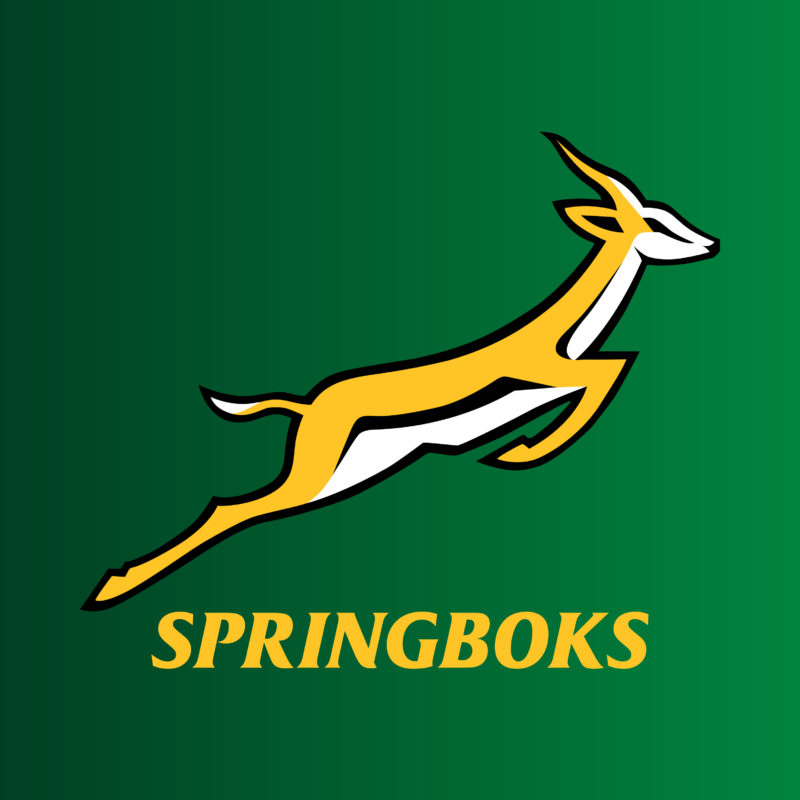It was confirmed on Thursday 1 March that Rassie Erasmus, former Springbok flanker and current Director of Rugby of the Springboks, will take over as the coach of the Springboks from Allister Coetzee.
The interesting point in the announcement, however, was the length of time that Erasmus has been appointed for. It was originally speculated that Erasmus would take over until after the upcoming World Cup in 2019, with a new coach being appointed directly after the World Cup. The South African Rugby Union (SARU) announced on Thursday that Erasmus has been appointed until the end of the World Cup in France in 2023.
Along with Erasmus, the streamlined Springbok coaching staff for this period will consist of Jacques Nienabar, Pieter de Villiers and the contentious Mzwandile Stick. These men are expected to be the saviours of SA Rugby; they have been brought in to repair the damage that has been suffered by South African Rugby since the Heyneke Meyer era. However, why are these the men that are deemed to be fit for the job?
Many people have criticized the faith that SARU has put in Erasmus, wondering how he has earned his illustrious reputation. One such critic, weekly columnist for Sport24 and award winning sports reporter Simnikiwe Xabanisa, wrote a column in mid-February that criticized the power and influence that Erasmus has seemed to develop over the past couple of months. While this sudden influence is surprising, the fact cannot be ignored that Erasmus is a strong leader and intelligent coach. Starting as the first coach of the Cheetahs in the Super 14 in 2006, Erasmus has developed a reputation as an influential locker-room leader.
Coaching a number of teams over the years, Erasmus eventually found his way to Ireland, where he took over as Director of Rugby for the Pro12 (at the time) side Munster. Under Erasmus, Munster continued their historic tradition as one of the top two sides in Ireland, coming second to Scarlets in Erasmus’ first season in charge. Erasmus, however, was named the Pro12 coach of the year in the same season. His pedigree may seem slightly convenient, but there can be no argument that Erasmus has earned international respect as a coach.
Looking at the remainder of the coaching staff, Jacques Neinabar, Pieter de Villiers and Mzwandile Stick have all seen mixed fortunes coaching on the international stage. Neinabar was, for a short time, brought into the Springbok coaching staff under Coetzee as defensive coach in 2016. Despite his poor record with the Springboks, Neinabar was brought to Munster by Erasmus, and helped the Irish side make it to the final of that year’s Pro12 competition. Munster prided themselves on their defence throughout the two seasons that Neinabar was involved with the club. While Neinabar still has to prove himself on the international stage, his partnership with Erasmus is certainly an exciting prospect to maintain in a coaching setup.
The appointment of Pieter de Villiers as Springbok forwards coach has also received some interesting conversation, if only for the amusing misprints that were published by various media outlets late last year. The former French international prop was rumoured to be involved with the Springboks from as early as December 2017, however it was initially reported that disgraced former Springbok coach Peter “Divvy” de Villiers was to take over from Matthew Proudfoot as forwards coach. While he has not gained much pedigree as a coach since retiring from international rugby, Pieter de Villiers will certainly look to prove himself at international level as a first rate forwards coach.
Possibly the most contentious appointment in the Springbok coaching staff would be that of Mzwandile Stick as backline coach. Originally announced as attacking coach in Coetzee’s first year in charge, Stick took a lot of flack from the rugby public in South Africa for the lack of imagination that the Springboks showed on attack in Coetzee’s first year as SA coach. The former Springbok Sevens’ captain was still finding his feet as a coach when he was given the difficult task of running the Springbok’s attack in 2016. Now, after a very successful year as South Africa U20’s attacking coach in 2017, Stick will be looking to prove that he can solve the attacking problems that SA rugby has had over the past couple of years. Perhaps his desperation to prove himself will mean that he is the best person for the job, because failure could mean the end of his international coaching career.
This new coaching staff has a lot to prove this year. With the majority being untested or under-experienced at international level, all eyes will be on Erasmus and co. to see how the atmosphere and performance of the Springboks will change.
Photo: Supplied


